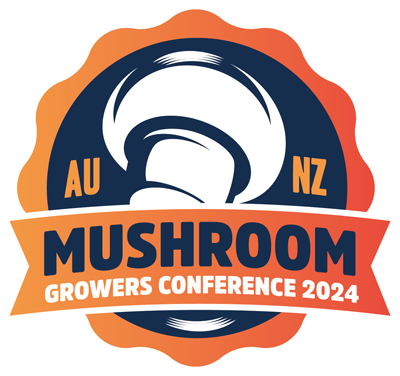
Dr. Carlene Starck
Senior Nutrition and Research Scientist
FOODiQ Global
Dr Carlene Starck obtained her PhD from Massey University, Palmerston North, in 2011, in Biochemistry. Over the past 13 years, she has led a rich and varied academic and medical research career, including the areas of disease biochemistry, exercise physiology, protein and amino acid metabolism, aging, and the impact of phytonutrients on health, with over thirty scientific publications and international conference presentations. Carlene also has industry experience including new product development. More recently, Carlene’s focus has moved specifically to nutrition and health, specialising in connecting what we eat with the biochemical pathways that influence metabolism, mood and psychology, cognition, and hormonal function. Ultimately, she is passionate about communicating her research and the most recent scientific understanding to benefit and empower people in their dietary choices and lifestyles.
Transforming global nutrition and health with edible mushrooms: Nature’s vitamin D powerhouse.
Carlene S Starck, Jutta Wright, Emma Beckett, Michelle Blumfield, Lucy Downey, Celeste Ferraris, Emily Duve, Tim Cassettari, and Flávia Fayet-Moore.
Edible mushrooms including Agaricus bisporus are a nutritious and sustainable food choice with a unique composition of nutrients and the ability to make vitamin D on UV exposure. Mushrooms can play an important role in supporting public health by providing substantial dietary vitamin D along with a nutrient- and bioactive-rich profile. This presentation will take you on a journey of the unique nutrition, culinary, and health properties of edible mushrooms, and will present the ground-breaking research underpinning the need for its inclusion in dietary guidelines globally as well as its potential impact on health, particularly that of addressing vitamin D inadequacy.
Vitamin D deficiency is a public health issue in Australia and globally, with rates at 31% in Australia, 47% in New Zealand, and as high as 72% in some world regions. Despite these statistics, most dietary guidelines are insufficient in providing dietary vitamin D to the levels that are recommended, and UV-mushrooms are not currently included. UV exposed mushrooms can produce over 100% of the recommended daily intake for vitamin D in a 75 g serve and have been shown to have similar efficacy to vitamin D supplements. Mushrooms are not only a practical and feasible way to increase dietary vitamin D, but also provide flavour enhancement and sodium reduction, and their consumption has been associated with a wide range of beneficial health outcomes from gut health to immunity.
Our research shows that four 75 g serves per week of UV-exposed button mushrooms would help almost all Australian adults to meet vitamin D recommendations. One 75 g serve per day would also support selenium intakes, particularly for those on a vegetarian diet. In addition to its culinary properties, these findings support the suggestion that mushrooms require distinct recognition within dietary guidelines. We will also present new findings from feasibility research in a residential aged care facility (Shoreline Coffs Harbour, NSW), and a case study in a major metropolitan hospital (Mater Hospital, Brisbane, QLD), both showing that putting mushrooms on the menu is feasible and well-accepted. Education is a key strategy in motivating the institutional foodservice industry to put mushrooms on the menu, with health professionals, particularly dietitians, being major influencers. This presentation will also showcase the development of the “Mushroom Health Science Australia” website, an online educational “mushroom hub” on the science of mushrooms and health including relevant resources. The website will provide a platform to help increase the recognition and promotion of mushrooms as a nutrient-rich “super food” that is also a natural, vegan, and sustainable food source of vitamin D.
